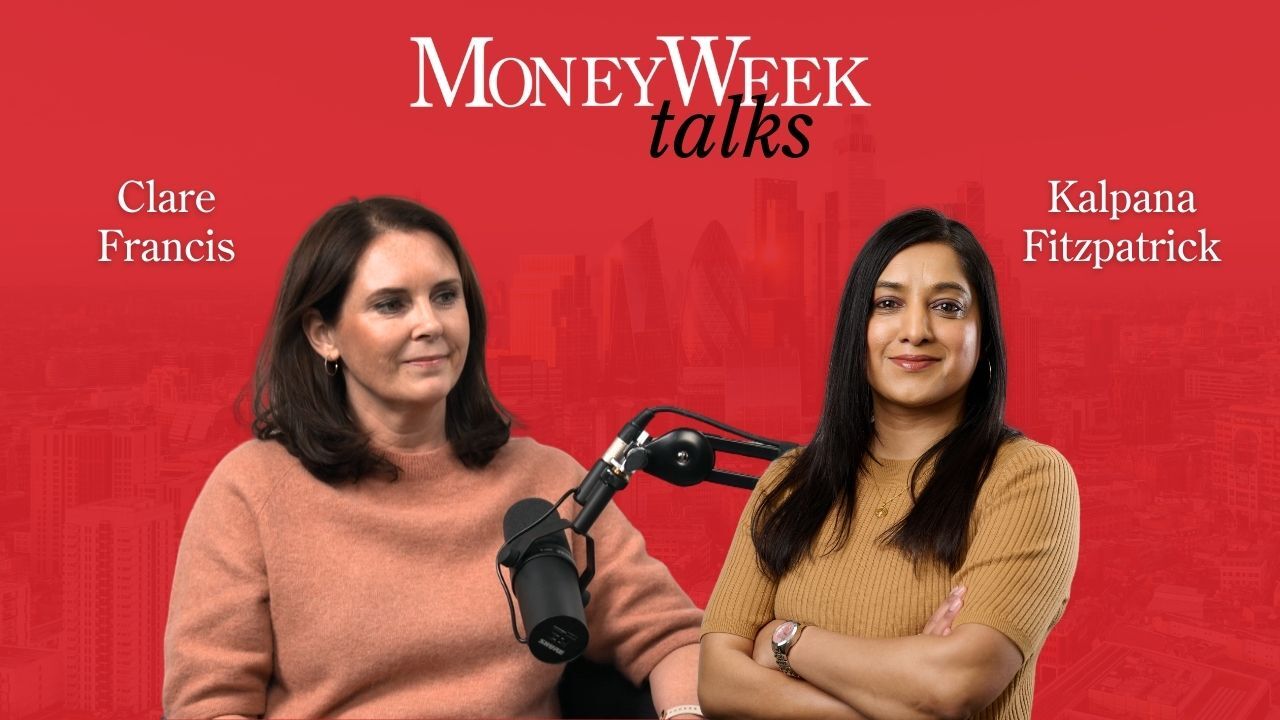Elderly care reforms are 'morally dubious'
In a bid to avoid alienating older voters and tackle the rapidly rising cost of long-term elderly care, the government has announced a £75,000 cap on care costs. But, asks Tim Bennett, is that the right thing to do?
Get the latest financial news, insights and expert analysis from our award-winning MoneyWeek team, to help you understand what really matters when it comes to your finances.
You are now subscribed
Your newsletter sign-up was successful
Want to add more newsletters?
Britain's old-age care system is "a shop with no prices" only suitable for the "very, very wealthy", as economist and former director of the Institute for Fiscal Studies Andrew Dilnot puts it. So in a bid to win over the grey vote and tackle the rapidly rising cost of long-term care in old age, the government has announced that from April 2017 you will only pay the first £75,000 of care costs, after which the state will step in. Meanwhile, the means-tested asset threshold, up to which people are spared the full costs of care, will rise from £23,250 to £123,000.
While we should welcome any simplification of the care system, Dot Gibson, general secretary of lobby group the National Pensioners Convention, has a point when she says in The Daily Telegraph that "the plan as it stands is about as credible as a Findus lasagne" though not perhaps for the reasons that Gibson thinks.
So what's the problem? The government argues that by specifying a single £75,000 cap, the elderly will be more easily able to get insurance against the cost of old-age care, as insurers will now know exactly how much an individual is expected to pay. Health Secretary Jeremy Hunt claims that this, alongside the increased means-tested minimum threshold, would make Britain "one of the first countries in the world which creates a system where people don't have to sell their own house" to fund their care costs.
Try 6 free issues of MoneyWeek today
Get unparalleled financial insight, analysis and expert opinion you can profit from.

Sign up to Money Morning
Don't miss the latest investment and personal finances news, market analysis, plus money-saving tips with our free twice-daily newsletter
Don't miss the latest investment and personal finances news, market analysis, plus money-saving tips with our free twice-daily newsletter
But does it? The £75,000 cap (£150,000 for a couple) is way above the £25,000-£50,000 level recommended by the expert commission chaired by Dilnot. That's largely because his original cap would have cost a cash-strapped government too much money. For many couples, £150,000 is a lot of money to find, so many will end up having to sell their homes anyway. As Gibson notes, this cap will help just one in ten of those needing care. Also, the new cap only applies to personal care and excludes board and lodging. The government claims this cost will be limited to £12,000 a year (£24,000 per couple), but that's still a fair whack.
Is this obsession with homes the right goal at a time when the government is broke and many older people are sitting on a lot of housing equity? As Philip Johnstonputs it in The Daily Telegraph, "should someone's house, usually their most valuable asset, be uniquely protected in this way"? According to the Centre for Policy Studies, in 2008 the proceeds from selling the average house were sufficient to pay for 8.8 years of care, "much more than the average required". The fact is, says Johnston, "what we are really talking about here is protecting the capacity of people to leave money and property to their children It is a morally dubious policy for the taxpayer to underwrite the inheritances of the wealthy."
Our biggest gripe is that these proposals do nothing to address Britain's biggest problem an acute shortage of clean, safe and affordable care homes.
Get the latest financial news, insights and expert analysis from our award-winning MoneyWeek team, to help you understand what really matters when it comes to your finances.
Tim graduated with a history degree from Cambridge University in 1989 and, after a year of travelling, joined the financial services firm Ernst and Young in 1990, qualifying as a chartered accountant in 1994.
He then moved into financial markets training, designing and running a variety of courses at graduate level and beyond for a range of organisations including the Securities and Investment Institute and UBS. He joined MoneyWeek in 2007.
-
 Are money problems driving the mental health crisis? MoneyWeek Talks
Are money problems driving the mental health crisis? MoneyWeek TalksPodcast Clare Francis, savings and investments director at Barclays, speaks about money and mental health, why you should start investing, and how to build long-term financial resilience.
-
 Pensioners ‘running down larger pots’ to avoid inheritance tax as rule change looms
Pensioners ‘running down larger pots’ to avoid inheritance tax as rule change loomsChanges to inheritance tax (IHT) rules for unused pension pots from April 2027 could trigger an ‘exodus of large defined contribution pension pots’, as retirees spend their savings rather than leave their loved ones with an IHT bill.